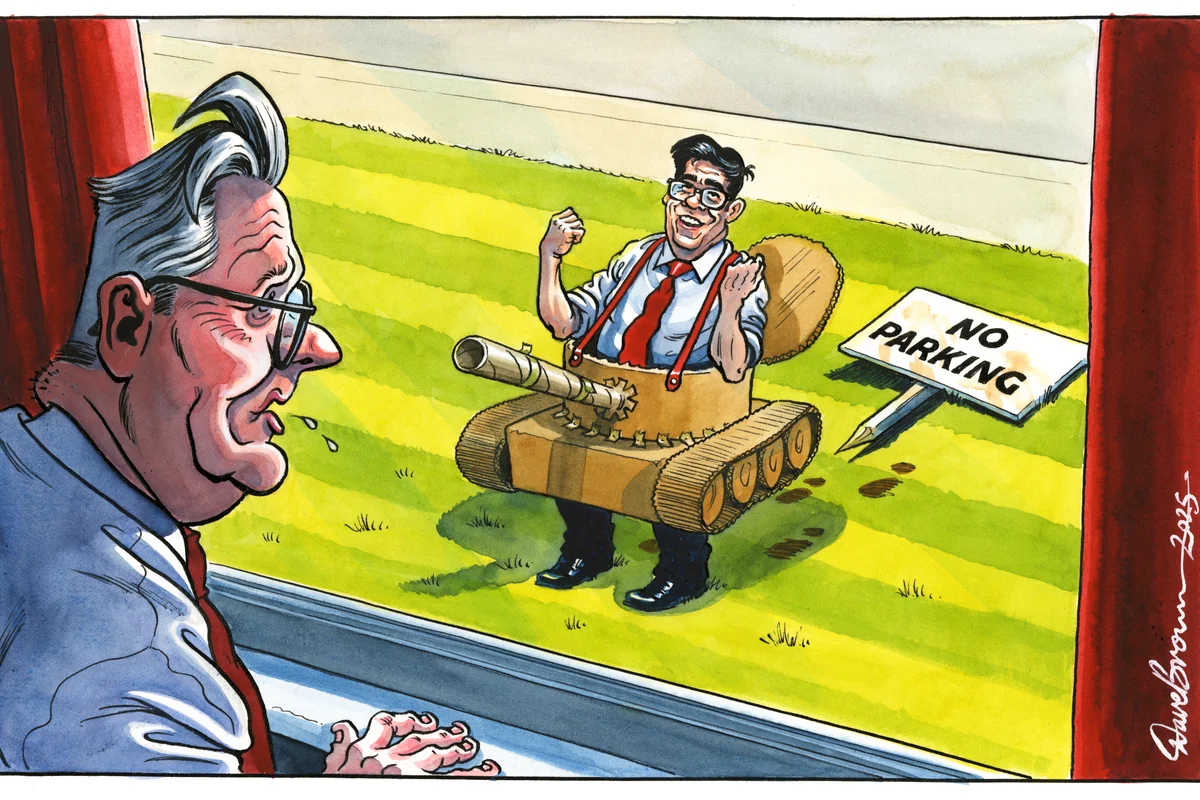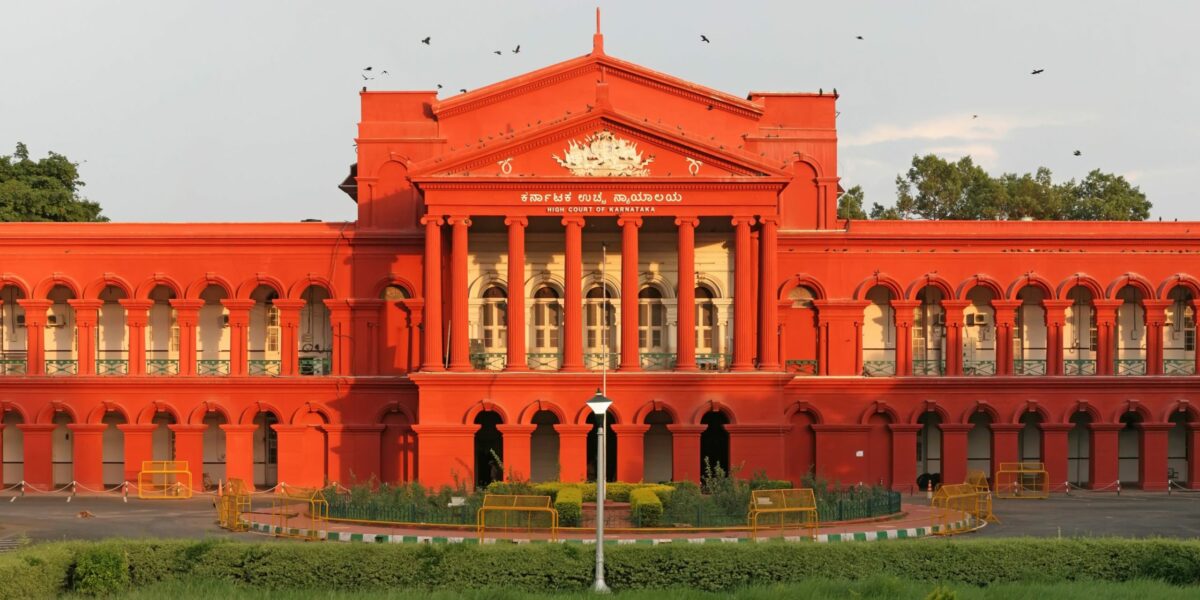By Editorial
Copyright independent

Aside from Nigel Farage, whose eccentric ideas about the conservation of swans and provisional approach to policy seem to be getting the better of him, the most formidable opponent Sir Keir Starmer currently faces comes from within his own party.
With what amounts to a soft launch of a leadership bid via media interviews and a rudimentary manifesto, Andy Burnham, mayor of Greater Manchester and supposed “King in the North”, has further destabilised Sir Keir’s wobbly hold on his party’s loyalties. Mr Burnham pleads that it’s up to Labour MPs to decide their leader, but his reluctance to rule himself out is disingenuous. If he wished, he could kill all the speculation dead with one interview.
Instead, he talks aloud about ignoring financial markets, and nationalising housing, energy, water and rail. He’d like to “roll back the 1980s”, as he has tried in his own fiefdom. He wants proportional representation, and he’s virtually invited Sir Ed Davey and Jeremy Corbyn to join him in his great big progressive tent.
Pick’n’mix as Mr Burnham’s unofficial manifesto may be – he styles it “Manchesterism” – it at least quickens the pulse, if only with a sense of alarm. By contrast, more than a year into his premiership and after almost five years as leader, Sir Keir has been unable to define his own credo, nor a “narrative” for his government. This would not, of course, have saved him from the scandals that brought down his deputy, Angela Rayner, and his ambassador in Washington, Peter Mandelson, but such a sense of purpose, when fully understood by the public (even if some don’t agree with it), can carry an administration through the inevitable difficult times.
Due allowance must alway be made for the mess that the Labour government inherited. The public finances were left in a critical state, the prisons fit to bursting, and the backlog of refugee cases had been left to build up to crisis proportions, with far too many housed, to the distress of the locals, in “asylum hotels”. The NHS and local government, including social care, had been left on starvation rations for most of the previous decade and a half, and Brexit has left the economy permanently weakened. After such a long run of Conservative-led governments, Labour could not be expected to turn things around in some 14 months. The state of Britain today reflects more on the governments led by David Cameron, Theresa May, Boris Johnson and Rishi Sunak than Sir Keir and his colleagues.
Yet the public is impatient, and increasingly so, and looks to its prime minister for a sense of mission – a word he once used incessantly but that now seems to be on the No 10 banned list. Mr Burnham complains that there is a lack of a “plan” for government and to fight Reform UK. He is right about that, at least in presentational terms, and the government does need to be more politically “savvy” than it has proved.
In principle, it is clear what Sir Keir and his senior colleagues have to do, and they can demonstrate that during the party conference and at the Budget in November. On the economy, above all, there must be much more sensitivity on the part of Rachel Reeves to the economic and, indeed, electoral impact of her measures. The cuts to the winter fuel payment and the hike to employers’ national insurance contributions both missed the target, the first because it saved little money for huge political damage, the second because it damaged employment. The botched attempt to implement welfare reforms remains unfinished business. And, even as the chancellor has to raise more funds and constrain public spending, there is an increasing expectation she will lift the two-child cap on child benefit, which would immediately lift many thousands out of poverty and demonstrate what this Labour government is for.
The new home secretary, Shabana Mahmood, must similarly convey a sense of urgency to her task of meeting public disquiet about immigration. Her appointment was the highlight of a successful reshuffle, and she shows every sign of understanding the gravity of the task facing her.
What Mr Burnham, and his panicky supporters in the parliamentary Labour Party, should be left in no doubt about is the power of the old adage that the voters do not like divided governments. Even if he is pressured by the backbenchers and finds himself the darling of the activists at the conference in Manchester, Mr Burnham should resist their flattery and the temptation to believe his own propaganda. His eclectic, uncosted, unformed populist policies are not the answer, and it would be better all round if the country was spared the experiment of Mr Burnham running the country in order to find out. The bond markets would soon do to Prime Minister Burnham what they did to Ms Truss. No more of the leadership talk dragging on until next year’s difficult round of elections, weakening the prime minister, distracting ministers and irritating the voters. He should rule himself out, and quickly.



